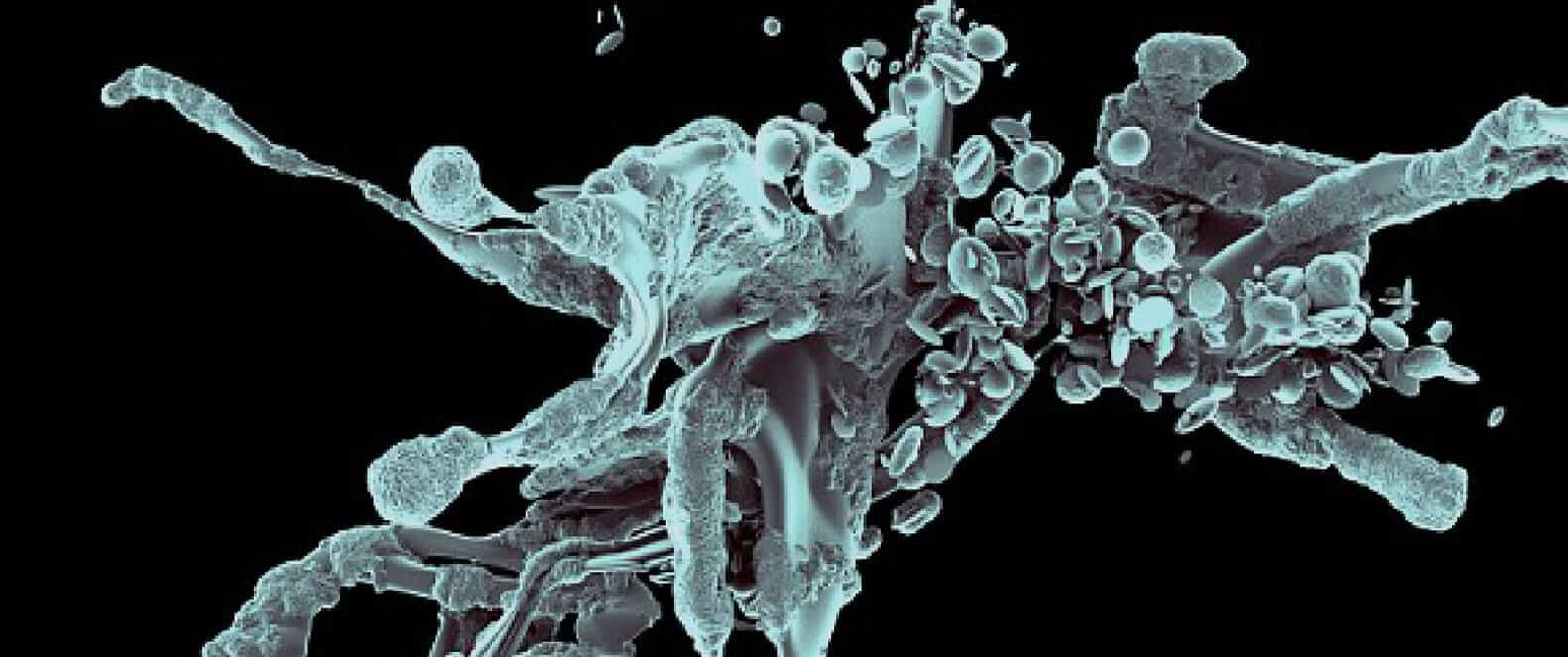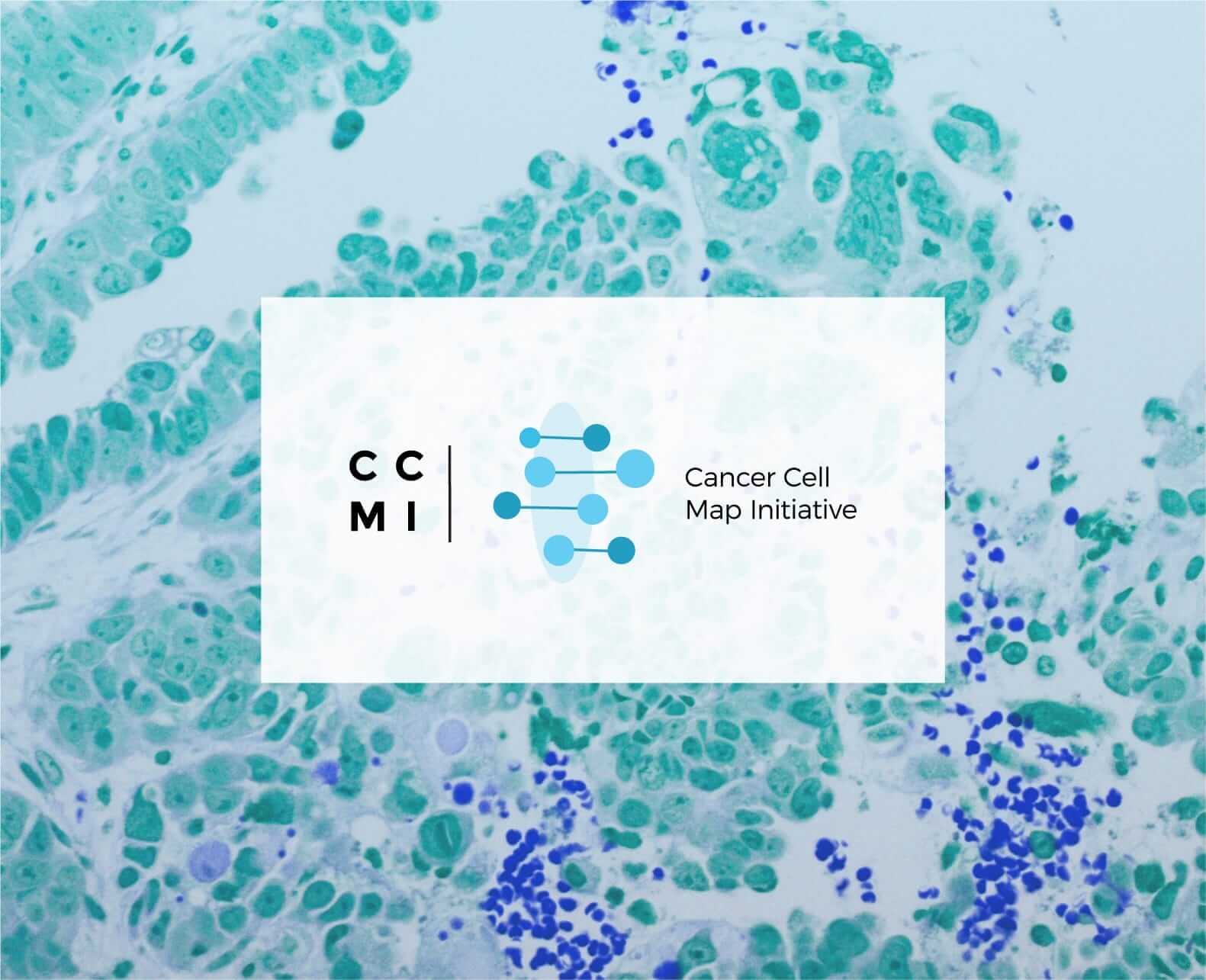et al.
et al.
et al.







Biophysics uses the tools of physics to watch biology in action. To visualize what macromolecules like proteins, RNA, or DNA look like..
Read More
The Biomedical Micro & Nanotechnology Core (BMNC) is envisioned as a nexus point of innovation at the micro- and nanoscale that embodies the mission statement and efforts of QBI...
Read More
Biophysics uses the tools of physics to watch biology in action. To visualize what macromolecules like proteins, RNA, or DNA look like, biophysicists use powerful X-rays or electron microscopes. These techniques can define the shape of the molecules.
Read More






The CCMI (Cancer Cell Mapping Initiative) focuses on using network biology approaches to study the genes and proteins that are being identified from the cancer genomic studies. It was started in collaboration with QBI and Trey Ideker at UCSD and involves the Cancer Centers at UCSF and UCSD.
Read More
The CCMI (Cancer Cell Mapping Initiative) focuses on using network biology approaches to study the genes and proteins that are being identified from the cancer genomic studies. It was started in collaboration with QBI and Trey Ideker at UCSD and involves the Cancer Centers at UCSF and UCSD.
Read MoreThe only ORU within UCSF focused on quantitative biology and collaborations around it.
Inherent to QBI’s core philosophy is partnership. We believe that the most efficient and productive way to advance is through key collaborations.

 415-476-6109
415-476-6109
 hello@qbi-ucsf.org
hello@qbi-ucsf.org
QBI / UC San Francisco
1700 4th St.
San Francisco, CA 94158




QBI investigators are from UCSF’s world-leading Schools of Pharmacy and of Medicine, and are focused on systems, structural, chemical, and computational biology, as well as imaging, medical devices and drug discovery.

QBI investigators are from UCSF’s world-leading Schools of Pharmacy and of Medicine, and are focused on systems, structural, chemical, and computational biology, as well as imaging, medical devices and drug discovery.

The Quantitative Biosciences Institute (QBI) fosters collaborations across the biomedical and the physical sciences, seeking quantitative methods to address pressing problems in biology and biomedicine.
The Quantitative Biosciences Institute (QBI) fosters collaborations across the biomedical and the physical sciences, seeking quantitative methods to address pressing problems in biology and biomedicine. Motivated by problems of human disease, QBI is committed to investigating fundamental biological mechanisms, because ultimately solutions to many diseases have been revealed by unexpected discoveries in the basic sciences.